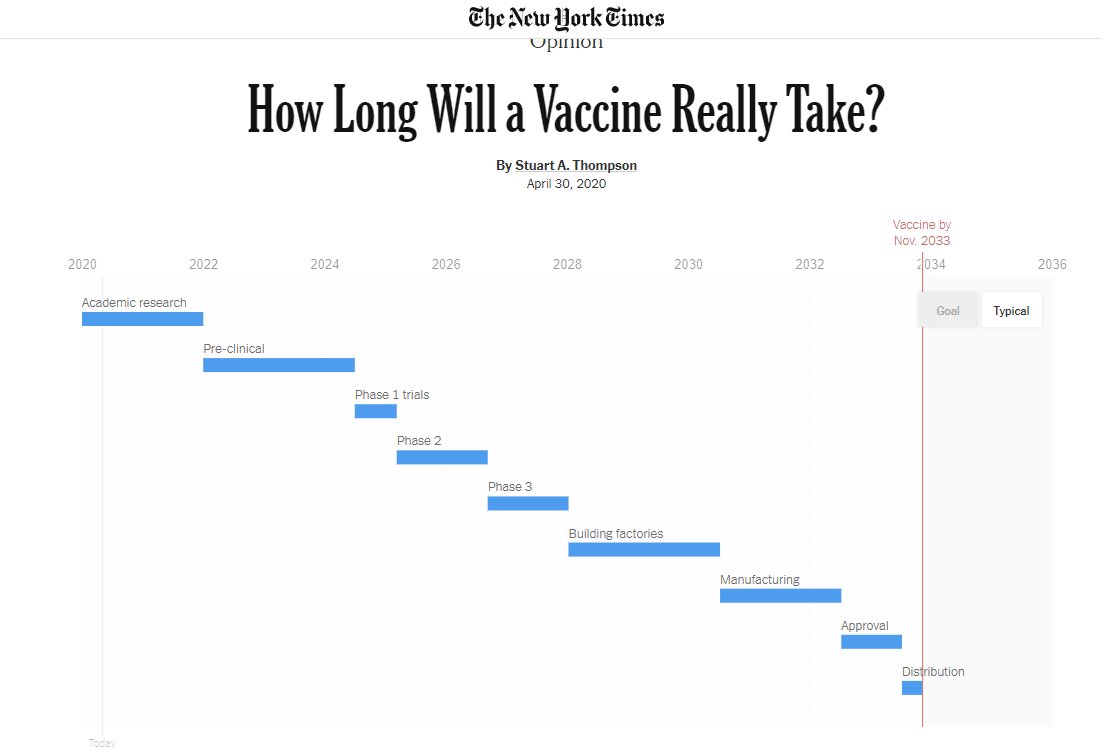Based on the slowing #codid19 death rate, The University of Washington just reduced their projection of US deaths by the end of the epidemic (Aug) to 82k
covid19.healthdata.org
(last week's projection and this week's shown)

covid19.healthdata.org
(last week's projection and this week's shown)


Good explanation from the UW team for why their projections are coming down. Includes both the effects of social distancing and the estimates that hospital capacity will not be exceeded in most places
healthdata.org/covid/updates
healthdata.org/covid/updates
The University of Washington just lowered their projection for US deaths by the end of this phase of the epidemic *again*, to 60k, based on latest data. This is now *half* of their original estimate
covid19.healthdata.org/united-states-…
covid19.healthdata.org/united-states-…

• • •
Missing some Tweet in this thread? You can try to
force a refresh






